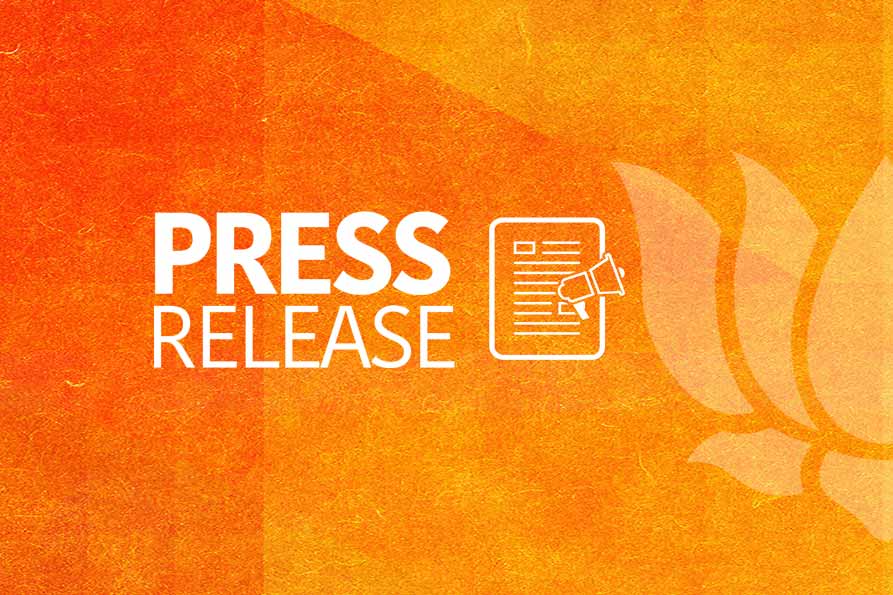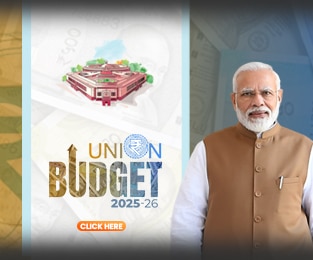
14th LOK SABHA:
When both Parliament and office of PM were devalued
*
With economy in crisis and an alarmingly deteriorating situation in the neighbourhood, only a strong govt with a decisive mandate can deal with internal and external challenges
The sun is setting on the 14th Lok Sabha. Today is the last day of the last session of this Lok Sabha. The Election Commission is expected to announce the dates for electing the 15th Lok Sabha shortly.
I have been a Member of Parliament for the past nearly forty years. I have watched the performance of every government and every Lok Sabha in independent India. Thus, when I evaluate the life of the 14th Lok Sabha and the government that it gave birth to, in the backdrop of their predecessors, I am deeply saddened by the comparison. This is the worst government the country has seen, led by a devalued Prime Minister.
The 14th Lok Sabha will be remembered for the many wrongs, the foremost being a crippling devaluation of the office of India’s Prime Minister. In our system of parliamentary democracy, the Lok Sabha is directly elected by the people and hence enjoys a more democratic profile than the Upper House. By convention, most prime ministers in the past were members of the Lok Sabha. In the 14th Lok Sabha, we have had a Prime Minister who was not a member of the Lok Sabha. I am personally of the view that the Constitution should be amended to make it mandatory for the Prime Minister to be a member of the lower house.
What devalued this Prime Minister’s position further is that he was not in control of the UPA regime. It was obvious to our citizens, MPs of the Congress and its allies in the UPA, and also to its ministers that 10 Janpath and not 7 Race Course Road was the true seat of power. The latter held office but no authority; the former had authority but no accountability to Parliament. This duality at the apex is the root cause of the UPA government’s rudderless and indecisive performance, the cost of which, in the areas of security and development, has been borne by our country and our citizens.
The other factor that has led to paralysis in governance is the UPA-Left pact which had no programmatic basis except anti-BJPism. And when the Left withdrew support to the government in July 2008, the Congress party resorted to the most shameful scandal of political corruption to save itself. The “cash for votes” scandal was the darkest chapter in the life of the 14th Lok Sabha. In my long parliamentary life, I have rarely been as pained as I was when the ruling party purchased the allegiance of MPs by paying each of them crores of rupees. No less odious than the scam itself was the cover-up operation that followed. Clearly, both the Prime Minister and the Congress president have a lot to answer for this shocking episode; their silence is not a shield.
UPA leaves behind an unprecedented economic mess
An evaluation of the 14th Lok Sabha necessarily involves evaluation of the government that it constituted. Here what worries me greatly is the state of our economy. At a recent roundtable with eminent economists, I had asked them what kind of national economy the next government should expect to inherit. All of them said the government is in a denial mode as far as the gravity of the economic crisis is concerned, adding that the worst is yet to come. This prompted Shri Yashwant Sinha, former finance minister in the Vajpayee government, to quip, “We cannot say later that we have not been forewarned.”Some aspects of a badly mismanaged economy the UPA government will leave behind are:
- Fiscal irresponsibility of the worst kind, evidenced by the fact that the overall national deficit now stands around 13% of the GDP, an all-time high, with central government’s deficit alone in the region of 9%.
- Standard & Poor’s, the global rating agency, has downgraded India’s credit rating to near-junk status mainly because of the alarming increase in fiscal deficit.
- Scarce national resources wasted in corruption and leakage, as brought out by the latest CAG report which shows that a whopping Rs 51,000 crore allocated for flagship schemes in 2007-08 has not been properly accounted for.
- An already severe problem of unemployment has been made worse by the rapidly spreading phenomenon of job losses, which, according to some estimates, will be more than a crore and possibly 1.5 crores.
- According to a recent report by Kolkata’s Indian Statistical Institute, as many as 5.5 crore people were pushed below poverty line in the five years of UPA misrule – a staggering 20% increase. This only vindicates what I have repeated stated in the past few years – namely, that the Congress showered riches on ‘khaas admi’ but brought pain and betrayal to the ‘aam aadmi’.
- Suicide by thousands of debt-ridden farmers, which is only a symptom of a systemic crisis in Indian agriculture.
- Prices of essential commodities rose to unprecedented levels in the past five years.
A weak future govt cannot face worrisome developments
in neighbourhood
Tackling the economic crisis presents a daunting task for the next government. The challenge is further accentuated by the rapidly worsening situation in India’s neighbourhood, which directly affects our vital national interests.- Pakistan is in the throes of instability and volatility, mainly because of the alarming growth of the forces of religious extremism and fundamentalism, which have deep antipathy for India. Pakistan’s military is openly making a pact with them. Given our recent experience of 26/11, and all the previous acts of Pak-sponsored terrorism in different places in the past five years, this is a matter of deep concern for India.
- The situation in war-ravaged Afghanistan continues to be extremely grim.
- Bangladesh, which has become a haven for anti-India forces, is again experiencing turmoil.
- On account of the wrong policies of the UPA government, India’s national interest has been compromised by developments in Nepal and Sri Lanka.
- I must also make a mention here of unhelpful statements by China. According to reports in today’s papers, China has advised the US administration to bring Kashmir within the purview of the mandate of Mr. Richard Holbrooke, the special American envoy for Pakistan and Afghanistan. China should refrain from making such unwarranted suggestions concerning India’s bilateral matters.
To Write Comment Please Login



.gif)





